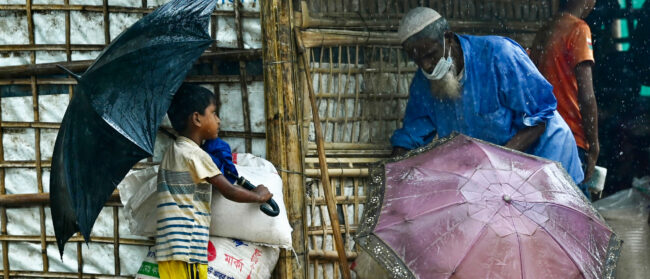Why did you want to become a mental health professional?
Originally I wanted to be a doctor, but when I finished high school and the subject of psychology was offered I was curious about what psychology is. Some people believe that it’s a kind of fortune-telling work where people can read minds, so I was curious and wanted to know more.
I finished the entrance exam, and it got more interesting, and I got more excited to learn. Every year there were new courses, new subjects to study about behaviours and why people behave in certain ways… I became very interested in learning how someone’s environment or family influences a person’s behaviour.
What does your day-to-day work look like?
My main job is to organise training because, after years of experience, I’m getting into a role where I have to design courses to offer to the public. The courses can help people work on their parenting skills, help their children develop, learn how to cope with stress and how to take care of themselves. And besides that we have to see clients.
What are the most enjoyable parts of your job?
It’s exciting to see the evaluations of the training courses [I help design], which methodology people learn from the most and things like that. On the other side, seeing clients is very interesting. People often have the same problems, such as depression or anxiety, but their stories are not the same. It creates a challenge for us, [because] there is no magic rule that we can apply for everyone. The interest comes from learning about a particular case and then working with the client [to find out] what the best solution is. Some people find that just talking is enough… but others need a lot of guidance and prompting to explore themselves so that they can move on and really live their life.
What are the main challenges in treating Cambodians?
In a Cambodian setting, there are understanding and stigma issue[s] – people are not coming [to us] and openly saying that they want to express their feelings and can we help them understand their feelings. They will come and request help getting to sleep, help forgetting all those bad memories. So people present it as a physical issue, so the expectation is more of a medical cure. It takes us a few sessions to help them understand that counselling and mental health are more about looking at how we think, how we behave and whether there are any parts we would like to change.
What advice would you give to budding counsellors?
This profession is exciting. If you really want to understand human behaviour, it’s very exciting, because it will help you to reflect a lot.


